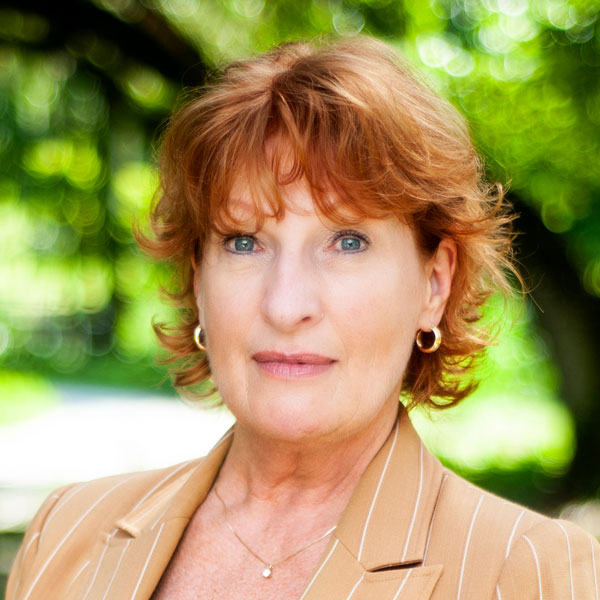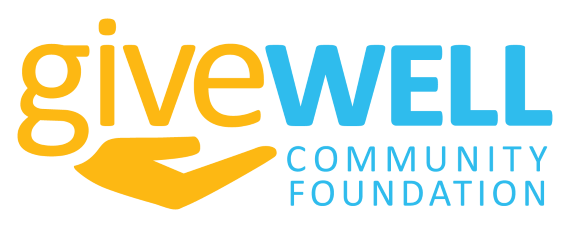Learn about the Community Foundation edge, QCD enhancements, and bunching with long-term appreciated assets.
Bunching, long-term appreciated assets, and helping younger clients plan their charitable giving
Developing a thorough estate plan isn’t important only for Baby Boomers and Gen Xers. Millennials, who now make up nearly a quarter of the population in the United States, may prove to be more enthusiastic planners than their parents and grandparents, according to the 2022 Estate Planning Study: Millennial Estate Planning Continues in a Pandemic.
What does this mean for planning gifts to charity?
Your millennial clients may be interested in setting up charitable gift vehicles earlier in their lives than some of your older clients. And because millennials tend to be better savers than their elders, it’s never too soon to discuss philanthropic intentions with your younger clients.
What’s an example of a giving technique that is well-suited for millennials?
As they build careers, switch jobs, and start businesses, millennials’ incomes may ebb and flow from year to year. This makes “bunching,” or “bundling,” through a donor-advised fund at the Community Foundation very useful. Because contributions to the donor-advised fund are eligible for an immediate tax deduction–but are not required to be granted from the fund to charities right away–your client can “front load” donations into a donor-advised fund at a level that takes advantage of itemizing deductions during a high income year, and then contribute less to the donor-advised fund in lower income years. Each year, your client can recommend grants from the donor-advised fund to favorite charities according to the timeframe that aligns with the client’s goals for supporting those organizations, regardless of the client’s income in that particular year.
Does bunching work with long-term appreciated assets?
Yes! Although it may seem obvious to professionals in the financial world, it’s not always top of mind for your clients to remember to donate long-term appreciated assets to their donor-advised funds. This is especially true of millennial clients who only now might be reaching a point in their lives when they own stock or other assets that have gone up in value. Donating an appreciated asset is tax efficient because the asset given to the donor-advised fund or other public charity typically is deductible at the asset’s fair market value. The charity, in turn, pays no capital gains tax on its sale of the asset, thereby generating more dollars to support charitable causes than your client would have had if the client had sold the asset and given the proceeds to charity.

The Community Foundation edge: Personal knowledge, QCD eligibility, and public support
Professional advisors frequently comment that they’re surprised to discover the many ways GiveWell Community Foundation can help their clients, especially compared with national donor-advised fund programs affiliated with brokerage houses or financial services firms. Here are three examples of the types of comments Community Foundations have heard over the years from attorneys, accountants, and financial advisors:
“I didn’t realize that the Community Foundation’s donor-advised fund offering was so much more than just an online account. My clients have loved getting to know other donors, accessing first-hand knowledge about what’s going on in the community and how their favorite charities are making a difference, and being able to involve their children in philanthropic events and activities.”
“I’m amazed at the variety of funds the Community Foundation can administer. Many of my clients have established donor-advised funds and have also augmented their philanthropic planning with a specialized fund such as a scholarship fund, designated fund, or field-of-interest fund. A big bonus for my retirement-age clients is that the IRS allows the Community Foundation to receive a Qualified Charitable Distribution from a client’s IRA and place it into one of these specialized funds.”
“My clients who sit on boards of directors of start-up nonprofits have been so happy that grants from donor-advised funds – their own and others’ – count toward the IRS’s public support test. That’s really helped new organizations in our community get off the ground.”

Photo by krakenimages on Unsplash
QCD enhancements: Steps forward and fingers crossed
In legislative news, a recent flurry of activity in the Senate has inched forward the legislation known as SECURE 2.0. Philanthropists and their professional advisors are watching this legislation closely because of the proposed inclusion of provisions that would adjust the annual $100,000 Qualified Charitable Distribution (“QCD”) cap for inflation and allow a one-time, $50,000 QCD to a charitable remainder trust or other split-interest gift. It’s impossible to predict what might happen when the House and Senate bills are combined and reconciled and then brought to a final vote. If we were forced to speculate, we’d guess that the legislation will pass late this year, the QCD enhancements indeed will make it into the final bill, and the legislation will be signed into law later this year. Our fingers are crossed, as no doubt yours are as well, because we are huge fans of the QCD and its ability to unlock charitable dollars.
The team at GiveWell Community Foundation is a resource and sounding board as you serve your clients with philanthropic goals. We understand the charitable side of the equation and are happy to serve as a secondary source as you manage the primary relationship with your clients. This article is provided for informational purposes only. It is not intended as legal, accounting, or financial planning advice.

Ready to get started?
You know your clients. We know philanthropy. Together we can ensure your clients make the best decisions for making a difference in the community.

Lori Martini
Vice President/CPO
863-683-3131
lmartini@givecf.org
